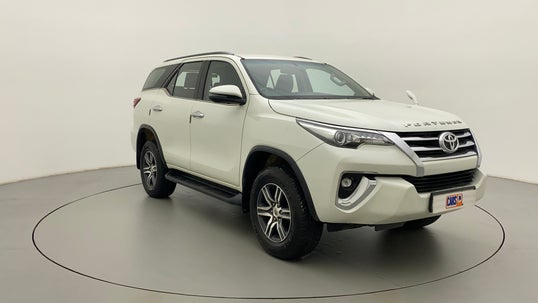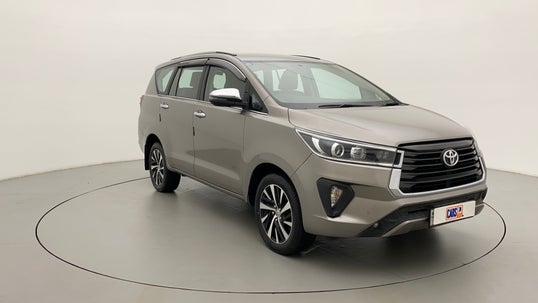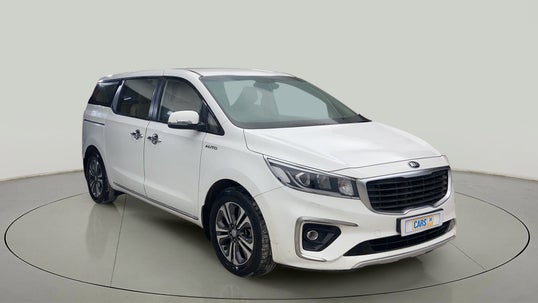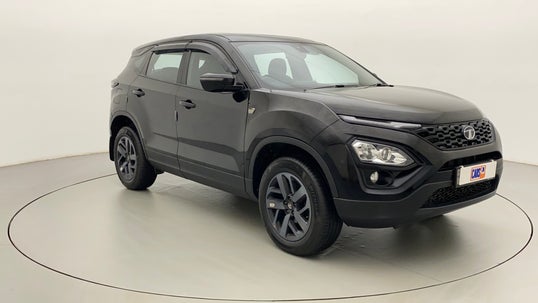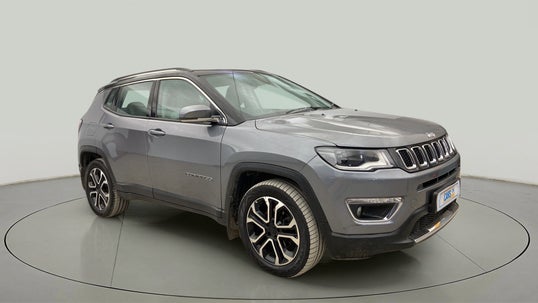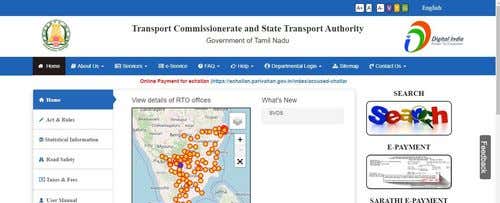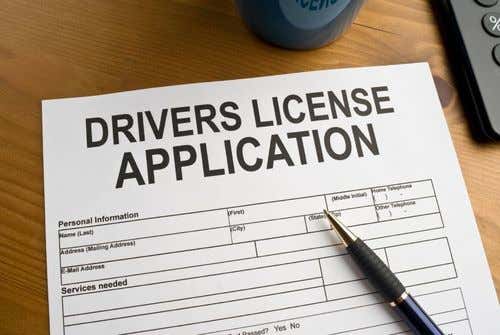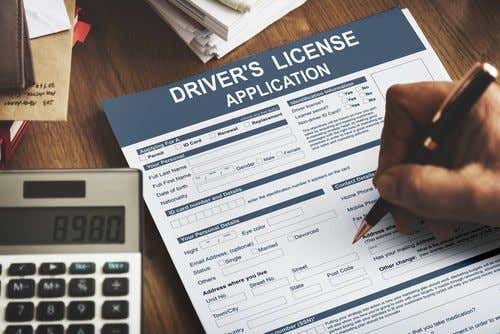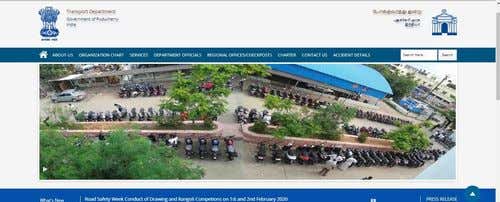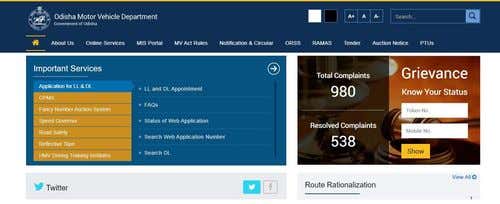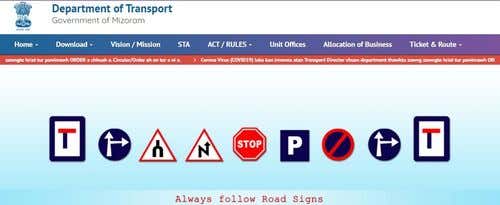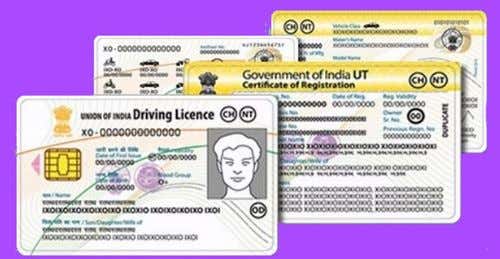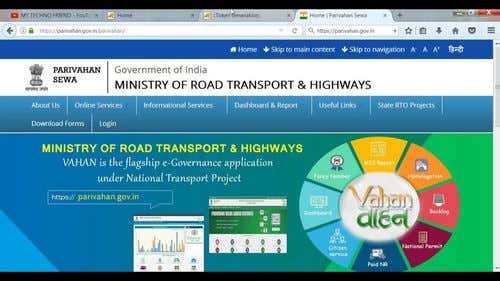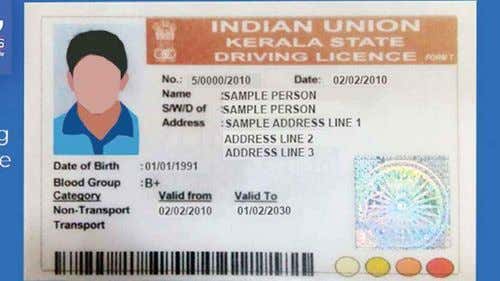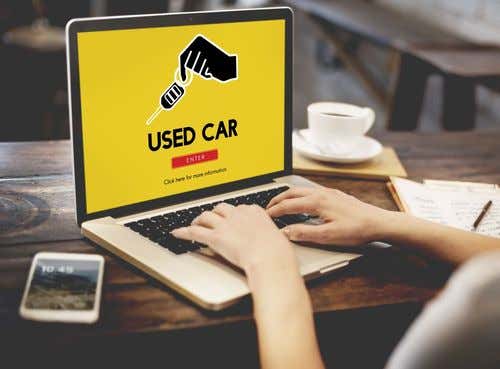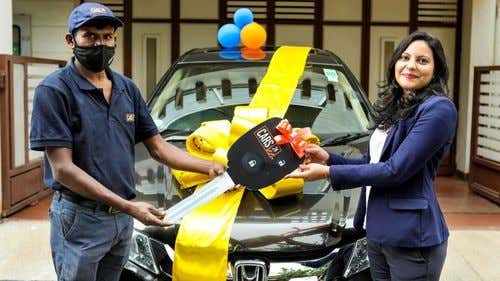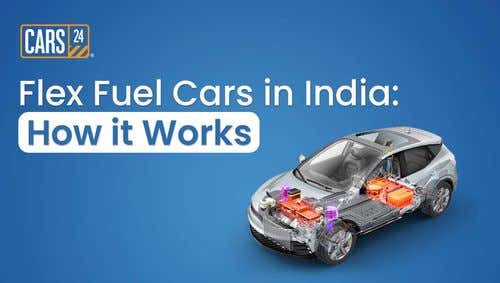Fraud Awareness 101: What Used Car Buyers and Sellers Need to Know

Updated on: 19th April, 2024 IST

Welcome to the world of used cars where the joys of finding your perfect ride are often matched by the disappointments of falling victim to car fraud. Unfortunately, used car scams are not a new phenomenon, and they have only gotten more sophisticated over time. Being a part of the industry we've seen it all – from the classic “bait and switch” to the more elaborate online schemes. However, with a little bit of knowledge and awareness, you can stay one step ahead of car fraudsters and safely navigate the used car market.
Used car scams are as varied as the cars themselves. It’s not just about dodgy car dealers anymore. Fraudsters are now targeting private sellers, online marketplaces, and even buyers themselves. The scams can be as simple as rolling back the odometer to make the car seem newer than it is, or as complex as using cloned documents to sell a stolen car.
In this blog, we’ll look into the most common types of used car frauds, the warning signs to look out for, and most importantly, how to protect yourself from becoming a victim of car fraud.
Table of Contents
What Are Car Frauds?
Car frauds are a form of deception or misrepresentation that takes place during the sale or purchase of a used car. They can take many different forms, from simple issues such as discrepancies in the car's history to more complex schemes such as the forgery of documents. Essentially, car frauds are designed to trick people into paying more than they should for a vehicle.
In India, used car frauds are a common occurrence, where fraudsters target unsuspecting individuals who are looking for a good deal, and they use a range of tactics to try to deceive them.
Car frauds can be difficult to detect, but there are a few warning signs to look out for. These include unusually low prices, sellers who are in a hurry to make a sale, and cars that have questionable history or documentation.
To protect yourself from car frauds, it's important to do your research, ask all the questions, and be vigilant when buying or selling a used car. By understanding the most common scams and being aware of the warning signs, you can help ensure that your next car purchase or sale is a safe and successful one.
Read More : 5 Mistakes to Avoid When Buying A Pre-owned Car
The Different Types of Car Frauds
Car frauds can range from relatively simple tactics to more complex schemes, and they can happen to anyone, regardless of whether they are buying or selling a vehicle. By being aware of these common car frauds and staying vigilant when buying or selling a used car, you can help to protect yourself from becoming a victim. Some of the most common types of car frauds in India include:
- Odometer Tampering : This involves altering the mileage reading on the car's odometer to make it appear that the vehicle has been driven less than it has.
- Stolen Cars Sold with Cloned Documents : Fraudsters will steal a car and create fake documents to make it appear as though the car is legitimate. They will then sell the car to an unsuspecting buyer.
- Salvage Fraud : This is when a seller fails to disclose that the car has been previously written off as a total loss by an insurance company.
- Title Washing : This is a process where a car's title is transferred between different states to hide the fact that it has been written off or salvaged.
- VIN Cloning : This involves taking the Vehicle Identification Number (VIN) from a legitimate car and using it to create fake documentation for a stolen car.
- Bait and Switch : This is a classic scam where a seller will advertise one car, but then try to sell a different (usually inferior) car to the buyer.
- Online Scams : Fraudsters will use online marketplaces to sell cars that do not exist or are not as described.
- Fake Inspections : This is when a seller provides a fake inspection report to make it seem as though the car is in better condition than it is.
How Can You Avoid Car Fraud In India?
Car frauds are a growing problem in India, and it's important to take steps to protect yourself when buying or selling a used car. By being aware of the common scams and taking a few simple precautions, you can help avoid becoming a victim of car fraud. Here are some tips to keep in mind:
- Take the time to inspect the car thoroughly before making a purchase. If you're not confident in your abilities to do the inspection yourself, make sure you take your trusted mechanic along with you.
- Always take the car for one or more test drives to ensure that it runs smoothly and is in good condition.
- Choose a reputable insurance company that is licensed with theInsurance Regulatory and Development Authority (IRDA). Avoid buying from companies that are not registered.
- Read the terms and conditions of the policy before buying to understand the features, benefits, deductibles, and claim bonus.
- Pay premiums through cheque, online or credit card directly to the insurer, not to an agent or middleman.
- Always get a receipt for your premium payments.
- Verify the authenticity of the policy via the QR code that is compulsory for every insurance policy issued by the IRDA.
- Fill out the application form yourself or purchase the policy directly from the insurer to avoid signing on blank forms or cheques.
- Beware of unrealistic benefits and features that are too good to be true. Don't fall for fake offers by verifying twice with the insurance company.
By following these tips and being vigilant when buying or selling a used car, you can help to protect yourself from car fraud in India. Remember, it's better to be safe than sorry when it comes to car purchases.
Read More : Documents to Check when Buying a Used Car
Key Points To Remember When You Are A Used Car Buyer
Buying a used car can be a daunting task, especially for first-time buyers. It is essential to be aware of the potential frauds and scams in the used car market. Here are some key points to remember when you are a used car buyer:
Research
- Research the make and model of the car you want to buy.
- Check online reviews and ratings to know about the car's reliability and performance.
- Research the price range of the car to avoid overpaying.
Inspect the Car
- Inspect the car's exterior and interior thoroughly for any damage or wear and tear.
- Check the car's engine, tyres, brakes, and suspension.
- Take the car for a test drive to understand its performance.
Check the Documents
- Check the car's registration papers and insurance documents to ensure their authenticity.
- Verify the car's history by checking the service records, accident history, and ownership details.
Avoid Cash Transactions
- Avoid making cash transactions while buying a used car as it is difficult to track them.
- Use cheques or online payment methods for transparency.
Negotiate the Price
- Negotiate the price of the car based on its condition, history, and market value.
- Do not hesitate to walk away from a deal if the price is too high.
Get a Pre-Purchase Inspection
- Get the car inspected by a trusted mechanic or technician to get an expert opinion about the car's condition.
- This can help you avoid buying a car with hidden problems.
Take a Written Agreement
- Take a written agreement from the seller mentioning the terms and conditions of the sale.
- Ensure that all promises made by the seller are mentioned in the agreement.
Finalise the Deal Carefully
- Before finalising the deal, make sure that you are satisfied with the car's condition, price, and paperwork.
- Do not rush into a deal without thoroughly checking everything.
Key Points To Remember When You Are A Used Car Seller
Just like buying a used car, selling a used car in India can be equally challenging, but there are a few things you can do to make the process easier and more successful. Here are some key points to remember when you are a used car seller:
- Research the market to find out what similar cars are being sold for, and set a realistic price based on the car's age, condition, mileage, and other factors.
- Make sure you have all the necessary documents such as the registration certificate, insurance policy, service records, and pollution certificate. This will help establish trust with potential buyers and ensure a smooth transaction.
- Before showing the car to potential buyers, give it a thorough cleaning inside and out. This will make a good first impression and increase the chances of a successful sale.
- It's important to be upfront and honest about any issues or problems with the car, as hiding them can lead to distrust and a failed sale. Disclose all the known issues and any repairs or maintenance that have been done.
- Always meet potential buyers in a public place and be wary of scams or fraudulent activities. Don't let a buyer take a test drive alone and don't hand over the car until payment has been received and cleared.
- Most buyers will try to negotiate on the price, so be prepared to counteroffer and be flexible if necessary. But also make sure to stand firm on a fair price for both parties.
- Once the sale is complete, make sure to transfer ownership of the vehicle to the buyer and cancel the insurance policy. This will ensure that you are not liable for any accidents or issues that may arise after the sale.
In conclusion, whether you are a used car buyer or seller, it is essential to be aware of the different types of car frauds prevalent in India. By keeping yourself informed and taking the necessary precautions, you can avoid falling prey to these scams and ensure a smooth and hassle-free transaction.
As a buyer, always remember to do your due diligence before making a purchase. Take the time to inspect the car thoroughly, take as many test drives as possible, ask for all the relevant documents, and verify their authenticity. Keep an eye out for common red flags such as suspiciously low prices, missing documents, and pressure tactics from the seller.
If you are a seller, make sure to be transparent about the condition of the car, provide all the necessary documents, and set a fair price. Be wary of buyers who try to haggle too much or make unreasonable demands.
In the end, buying or selling a used car can be a difficult task, but it doesn't have to be a nightmare. By following the tips and tricks mentioned in this blog, you can make a smart and informed decision and drive away with the car of your dreams without getting ripped off!
FAQ's:
Q. How to report car frauds?
To report car frauds, you can approach the local police or file a complaint with the Indian Motor Tariff.
Q. What is car insurance fraud?
Car insurance fraud refers to any dishonest activity related to car insurance, including filing fake claims, providing false information, etc.
Q. How to find out if the dealer is a fraud?
To find out if the dealer is a fraud, one can research the dealer's reputation, check their licence and registration, and inspect the car for any signs of tampering or hidden defects.
Recently Added Cars to Buy
Other Blogs
- Recent
- Featured
Popular Cities to Sell Car

